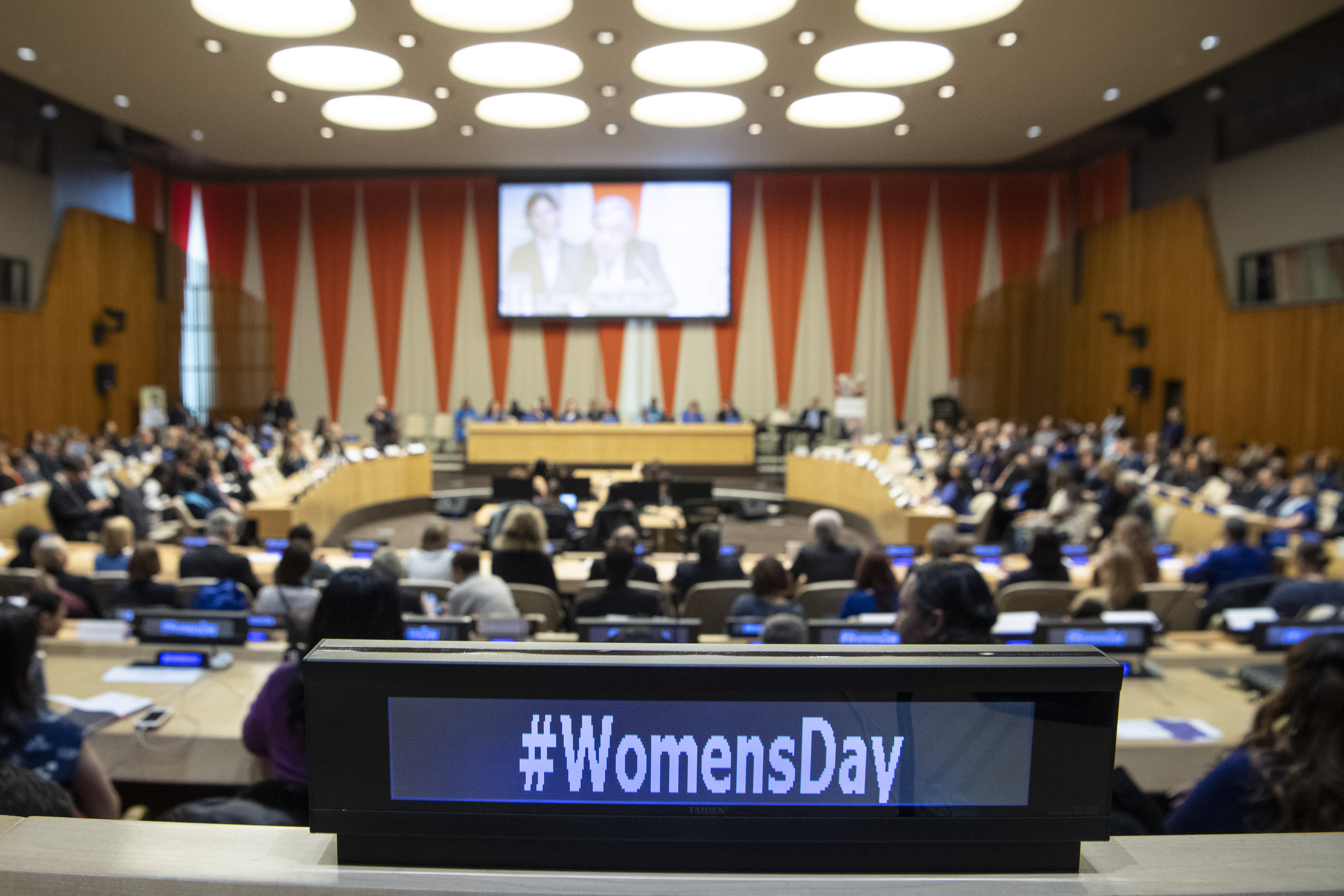
Groundbreaking innovations and technologies are unlocking the human
potential and with it, new sets of human rights challenges that pose
significant threats to women and girls at the margins.
Gender-blind approaches and persisting under-representation of and
negative biases towards women are widening the gender gap while reinforcing
multiple axes of gender injustice. The 2018 Global Gender Gap Report finds
the current global gender gap at 32 per cent will take 108 years to be eliminated,
if gender inequality trends continue. Of the most challenging gaps are in the
economic and political dimensions, which will respectively take 202 and 107
years to be closed.
Meanwhile, gender-based occupational and skills imbalances are exacerbating.
The Report of the Secretary-General on Women’s Economic
Empowerment in the Changing World of Work projects
that with every new job, women will lose five jobs for every job gained,
compared to three jobs men will lose. To navigate the changing global landscape
and to build a gender balanced world, women and girls should equally partake in
the innovation cycle and capitalize on the opportunities afforded by
innovations and technologies.
This year’s theme for the International Women’s
Day (IWD), ‘Think Equal, Build Smart, Innovate for Change’, examines
ways in which social innovations and technologies can best reflect and respond
to women’s needs as well as address systemic gender injustice that affect women
in all walks of life.
“We want women and girls to innovate and influence the whole
ecosystem of innovation,” remarked the UN Women Executive Director Ms.
Phumzile Mlambo-Ngcuka, at the opening of the UN Observance of IWD. “We
need to use big data, mobile money, climate smart agricultural technologies and
clean water technologies and application that protect the rights of women and
facilitate access to justice.”
Turning to those facing compounded societal barriers, the President
of the 73rd Session of the General Assembly Ms. María Fernanda
Espinosa added, “women with disabilities are more than twice as likely to
suffer from physical violence and old, poor and rural women lack basic literacy
skills,” while highlighting the need to achieve gender parity in leadership.
Referencing this year’s theme of the IWD, the UN
Secretary-General António Guterres remarked that progress and gains made so
far are incomplete and are facing severe backlash from entrenched patriarchy. “Gender
equality is fundamentally a question of power,” Mr. Guterres continued, underscoring
that “only when we see women’s rights as our common objective, a route to
change that benefits everyone, will we begin to shift the balance.”
Appropriate initiatives can promote universal access to
opportunities and decision-making and ensure that future innovations and
technological advances do not reproduce existing gender inequalities and set
back those already left behind. Gender-responsive efforts can also bring to the
fore deep-rooted structural barriers, such as discriminatory laws and
prejudicial social norms.
The discussion will be furthered at the 63rd Session of the Commission for the Status of Women, which will take place at the United Nations Headquarters from 11 to 22 March 2019, under the priority theme ‘Social Protection Systems, Access to Public Services and Sustainable Infrastructure for Gender Equality and the Empowerment of Women and Girls’.
Source: UNSDN
 Welcome to the United Nations
Welcome to the United Nations